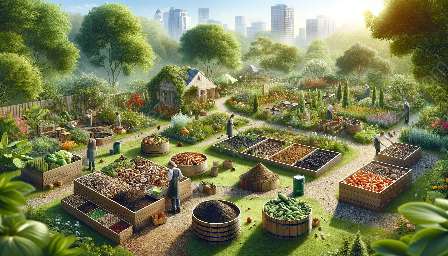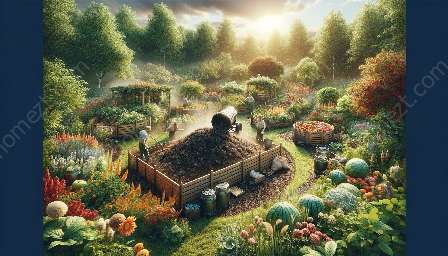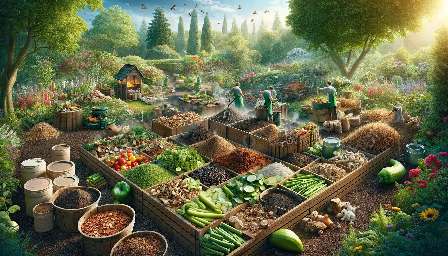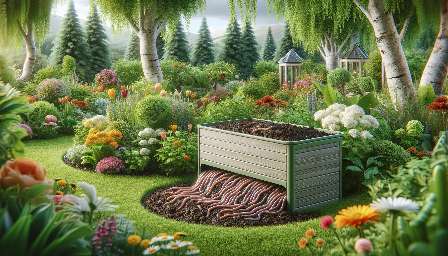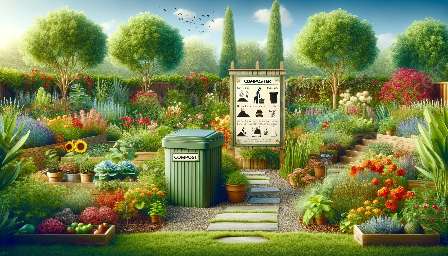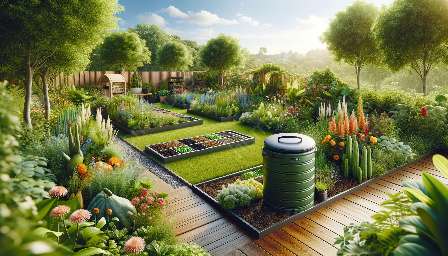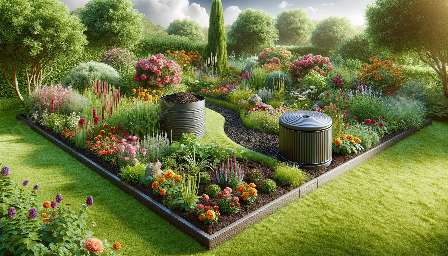Composting with grass clippings is an effective and sustainable practice that enhances gardening and landscaping efforts. This process involves turning grass clippings into nutrient-rich compost, which can then be used to nourish plants and promote healthy soil.
Benefits of Composting with Grass Clippings
There are several benefits to incorporating grass clippings into your compost and utilizing the resulting materials in your garden and landscape. Grass clippings are a readily available resource for many homeowners and gardeners, making them an ideal component for composting. By diverting grass clippings from landfills and instead using them for compost, you can contribute to reducing waste and promoting sustainability.
Grass clippings contain valuable nutrients and organic matter that can enrich the soil when used as compost. This nourishment supports plant growth, improves soil structure, and enhances moisture retention, all of which are essential for maintaining a healthy garden or landscape. Composting with grass clippings also helps reduce the reliance on chemical fertilizers, thereby promoting a more natural and eco-friendly approach to gardening.
Process of Composting with Grass Clippings
Composting with grass clippings involves a straightforward process that can be incorporated into your gardening routine. Begin by collecting grass clippings from your lawn mowing activities. It's essential to use clippings from untreated and pesticide-free grass to prevent harmful substances from entering your compost.
Combine the grass clippings with other organic materials, such as leaves, garden trimmings, and kitchen scraps, to create a well-balanced compost mix. Make sure to layer the grass clippings with other materials to maintain proper aeration and moisture levels within the compost pile or bin. Turning and mixing the compost regularly will facilitate the decomposition process and ensure the creation of high-quality compost.
Once the grass clippings have decomposed into compost, it can be spread around garden beds, used as a nutritious mulch, or incorporated into the soil when planting. This nutrient-rich compost will provide essential nourishment for plants, encourage beneficial microbial activity in the soil, and contribute to long-term soil health.
Enhancing Gardening and Landscaping
Utilizing compost derived from grass clippings can significantly enhance gardening and landscaping endeavors. The addition of compost improves soil fertility, promotes robust plant growth, and helps to suppress weeds, reducing the need for chemical weed control methods. Compost also aids in retaining moisture in the soil, which is beneficial during dry periods, and encourages earthworm and microbial activity that contributes to overall soil health.
When integrated into landscaping projects, compost from grass clippings can support the establishment and maintenance of vibrant and sustainable green spaces. Whether used in flower beds, vegetable gardens, or ornamental landscapes, the application of grass clipping compost fosters an environment conducive to healthy and flourishing plant life.
Conclusion
In conclusion, composting with grass clippings is an advantageous and eco-friendly practice that aligns with sustainable gardening and landscaping principles. By converting grass clippings into nutrient-rich compost, you can enrich the soil, nourish plants, and contribute to the overall health of your garden or landscape. Embracing composting with grass clippings not only reduces waste but also fosters a natural and environmentally conscious approach to horticulture and outdoor spaces.


